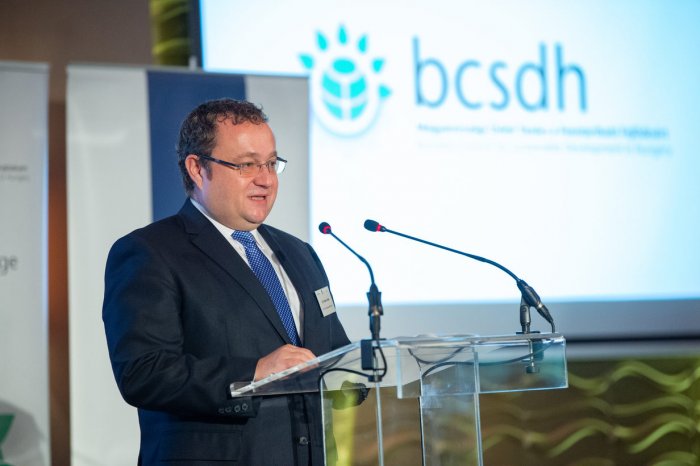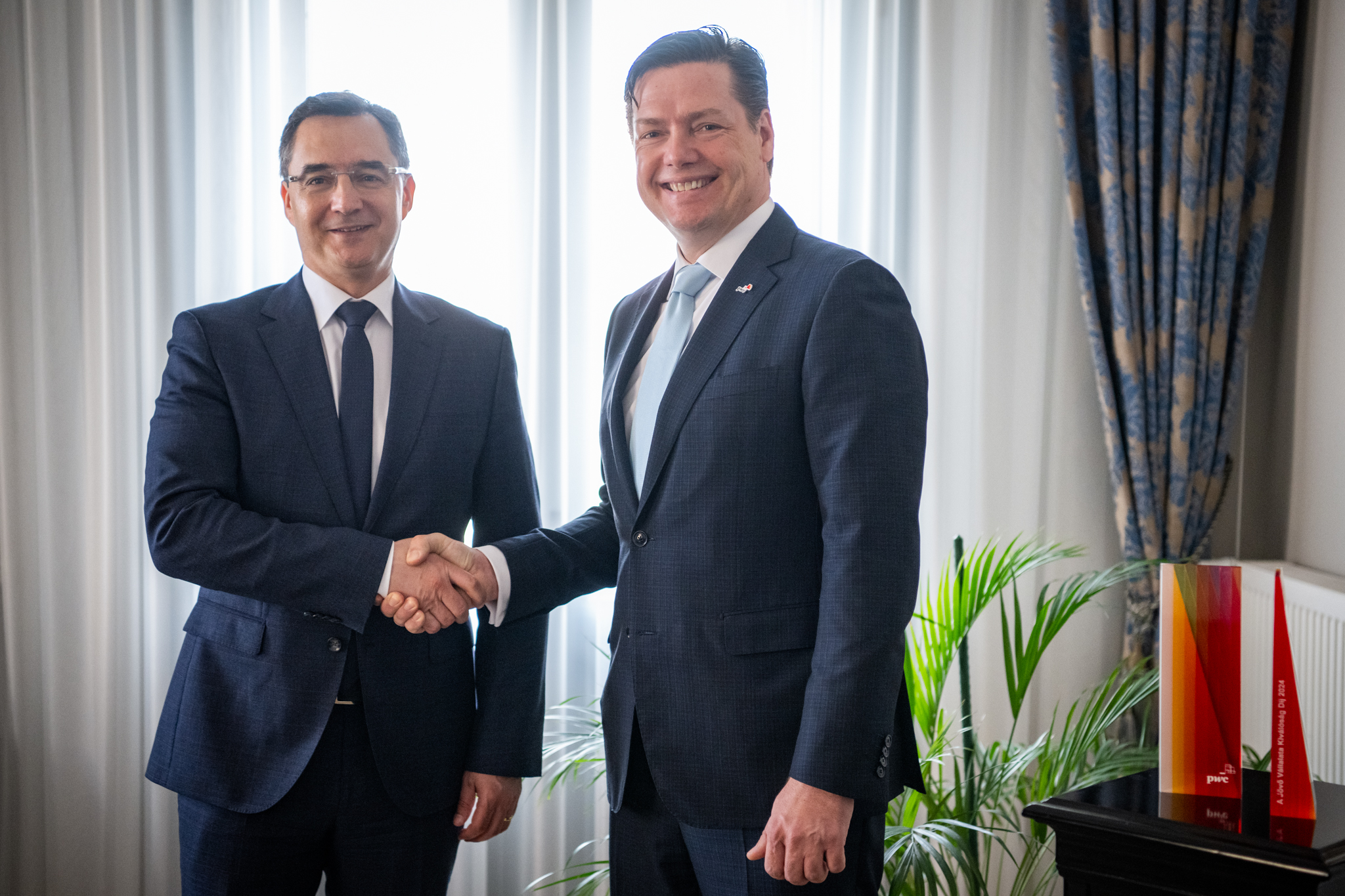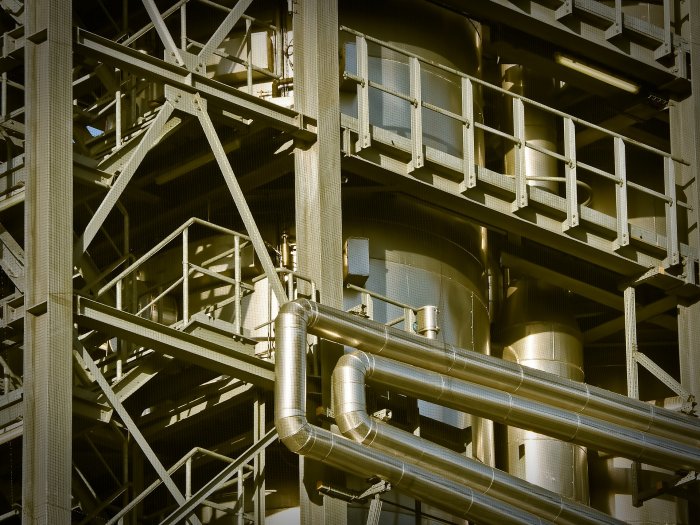Circular Economy Platform teams up with Holland Circular Hotspot

The Hungarian Circular Economy Platform signed a cooperation agreement with the Holland Circular Hotspot at the first Circular Economy Summit in Budapest this week, according to a press release sent to the Budapest Business Journal.
Attila Chikán Jr.
The Circular Economy Platform was established as an initiative of the Business Council for Sustainable Development in Hungary (BCSDH), the Embassy of the Kingdom of the Netherlands, and the Ministry of Innovation and Technology about a year ago. Along with the ceremonial signatories, another 80 companies and organizations have already joined the Platform.
"I am proud that through cooperation with the Holland Circular Hotspot, we are gaining access to leading international know-how, which will help the Circular Economy Platform Hungary to put the circular economy on a more dynamic path in our country," said Attila Chikán Jr., president of BCSDH.
"With the involvement of business-, governmental- and scientific-, as well as professional and social organizations, we can achieve our goal: a sustainable economy. BCSDH and its partners play a prominent role in facilitating the paradigm shift and joint thinking, along with building a community of forward-thinking change leaders and sharing business solutions that make a real impact."
The press release says that the use of the circular economy model can increase the resilience of the world economy and facilitate the achievement of the Paris Climate Change Agreement and the United Nations Sustainable Development Goals. The circular economy could generate business opportunities worth USD 4.5 billion worldwide by 2030.
Less waste, more sustainability
A survey undertaken by the Circular Economy Platform confirmed that most companies still identify the circular economy with waste management. The respondents themselves confirmed that collaboration, knowledge sharing, and governmental incentives are needed to start changing the present economic model and making up for lost ground.
"The goals of the circular economy can only be achieved with the active involvement of stakeholders, which requires opportunity and interest," said Ferenc Hizó, Deputy State Secretary for Sustainable Development. "The Circular Economy Platform will play an important role in creating this opportunity by providing the right framework for the business-, government- and scientific sector to foster collaboration and knowledge-sharing."
"To create interest, we need to ensure the existence of conditions that help the economy to embark on this new path, while also raising interest in learning about and applying this new approach. The Ministry of Innovation and Technology has set the goal of understanding the interests of economic operators through legislation that is aligned with the goals of the circular economy," he added.
Hizó also noted that the ministry provided grants worth HUF 244 million to SMEs for projects that include creative and innovative ideas.
Copies of "Material Matters", one of the foundational texts on the theme of the circular economy, were published for this event in English. One of the authors, Sabine Rau-Oberhuber, who came to Hungary at the invitation of Embassy of the Netherlands, gave some insight into the book to participants.
Ensuring "we are not too late"
"If we want to provide clean water, food and shelter, decent work and well-being for nine billion citizens, as enshrined in the UN Sustainable Development Goals, then we need to act now by transitioning to a circular and sustainable economy to ensure we are not too late," highlighted René van Hell, Ambassador of the Netherlands in Hungary.
"Our embassy, as one of the founding members of the Hungarian Circular Economy Platform, supports the goals laid down in the Memorandum of Understanding that include, among others, sharing knowledge and best practices for closing the material loop," he explained.
Tibor Bodor, country manager, ING Bank N.V. Hungary branch, says, "The circular economy is about rethinking how we use our raw materials and resources to create a sustainable economy free of waste and emissions. It means shifting from the current linear model of ʼtake, make, wasteʼ to an economy where we ʼreduce, reuse, recycleʼ."
SUPPORT THE BUDAPEST BUSINESS JOURNAL
Producing journalism that is worthy of the name is a costly business. For 27 years, the publishers, editors and reporters of the Budapest Business Journal have striven to bring you business news that works, information that you can trust, that is factual, accurate and presented without fear or favor.
Newspaper organizations across the globe have struggled to find a business model that allows them to continue to excel, without compromising their ability to perform. Most recently, some have experimented with the idea of involving their most important stakeholders, their readers.
We would like to offer that same opportunity to our readers. We would like to invite you to help us deliver the quality business journalism you require. Hit our Support the BBJ button and you can choose the how much and how often you send us your contributions.









